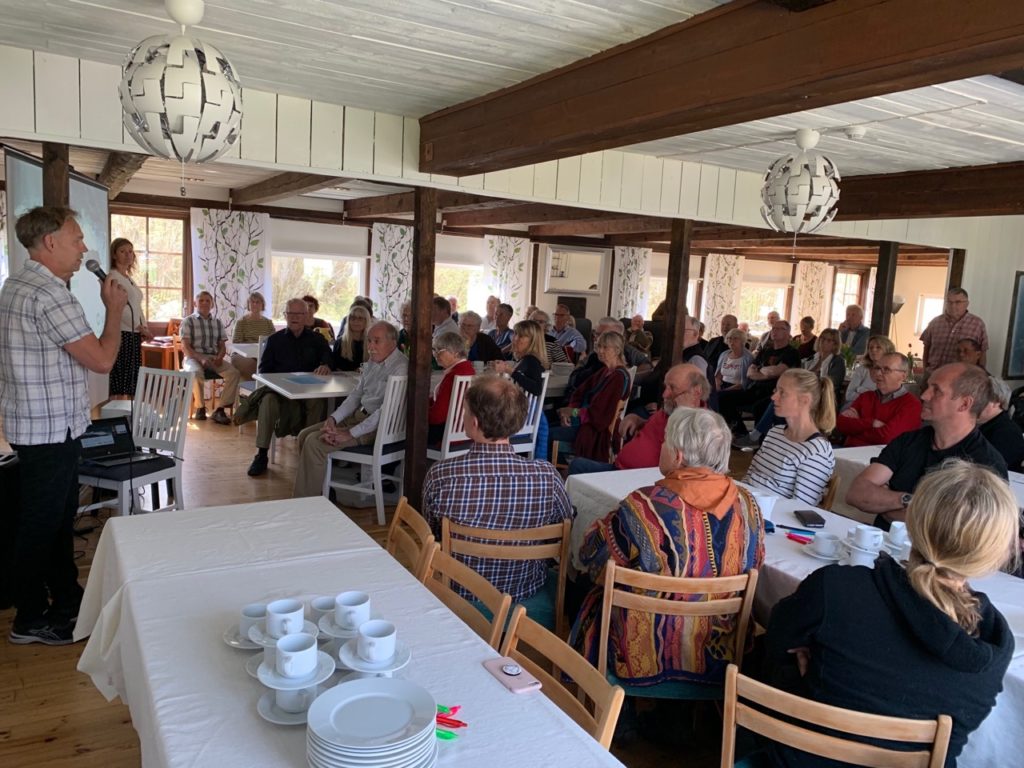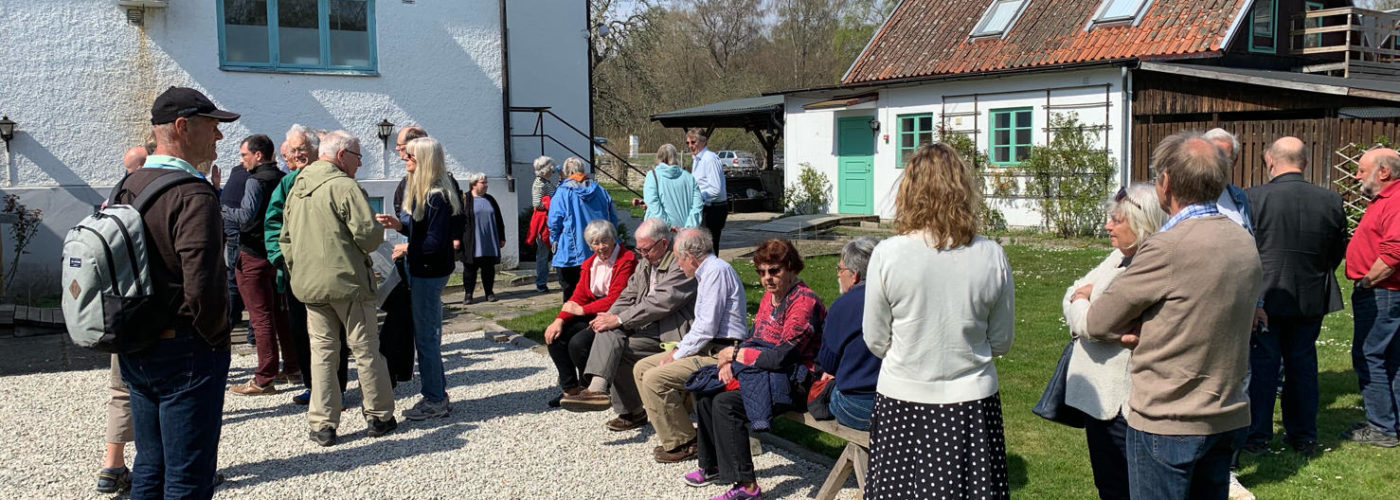A test bed of measures to reduce water scarcity on the island of Gotland, Sweden is aiming to create a sustainable water supply. The cost-effective and resource-efficient techniques aim to make large-scale water self-sufficiency possible and result from collaboration between IVL Swedish Environmental Institute, Region Gotland and the Baltic Sea Forum. Their work is being further developed as essential part of the NextGen supported demonstration case on the island and actively seeks input and ideas from residents and beyond to make a positive impact on the environment.
In late April 2019, one hundred residents, citizens and stakeholders spent three hours discussing sustainable water supply and wastewater recovery at the test bed – giving their thoughts and asking plenty of questions about the initiatives. IVL and Region Gotland presented both the visions and plans for the test beds, as well as first results from the data collection to structure participation and discussion about water reuse.
Intensifying droughts thanks to climate change
“Municipalities affected need to find long-term sustainable solutions for their water supply. Therefore, IVL and Region Gotland are building an internationally observed test bed for new sustainable and cost-effective water supply methods to be developed”, says Staffan Filipsson at IVL Svenska Miljöinstitutet.
The main idea is to collect and reuse rainwater to solve the water question. Water should be collected before reaching the sea, where it mixes with saltwater, to reduce energy costs for desalination. The testbed also works with the possibility of recycling purified waste water.
“It is a matter of different measures to keep the rainwater intact so that it can infiltrate into the groundwater reservoir instead of swiftly flushing out into the ocean via streams and dikes. For example, with an advanced data model, we will collect rainwater and infiltrate it to groundwater, create smaller ponds, and so-called artificial groundwater dams, “says IVL Svenska Miljöinstitutet’s Ewa Lind.
In addition to participating in discussions, participants were able to contribute to the analysis with a survey on their water resources and use. At the same time, a film was shown about how the New Carnegie Brewery produced a beer brewed on recycled, purified sewage, PU: REST, an award winning sustainable initiative.

